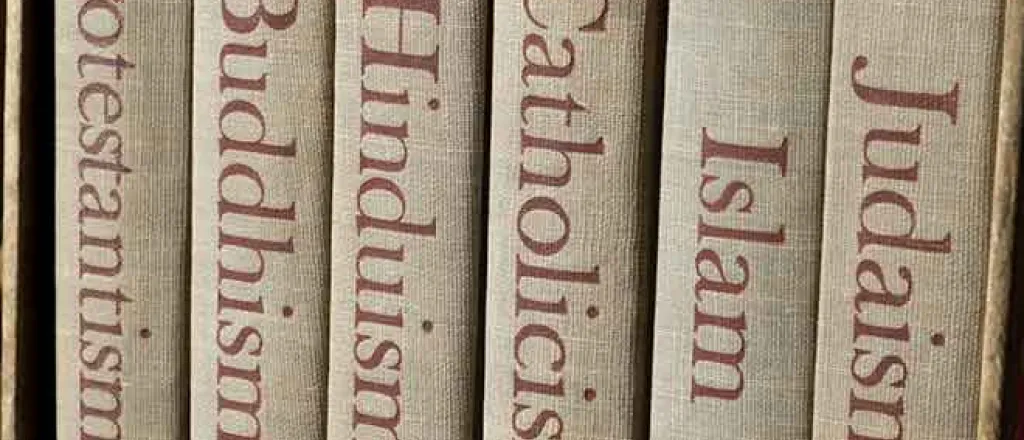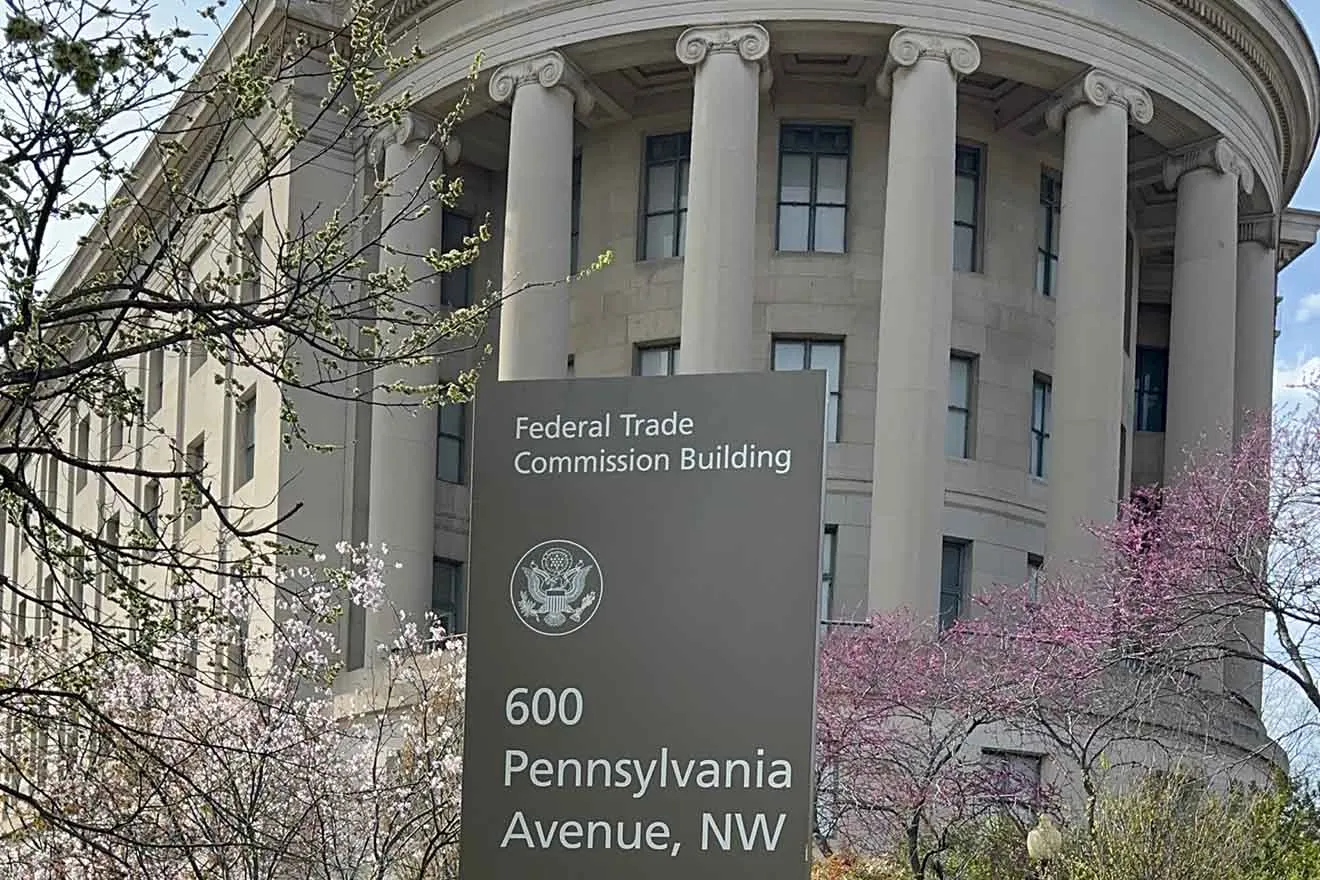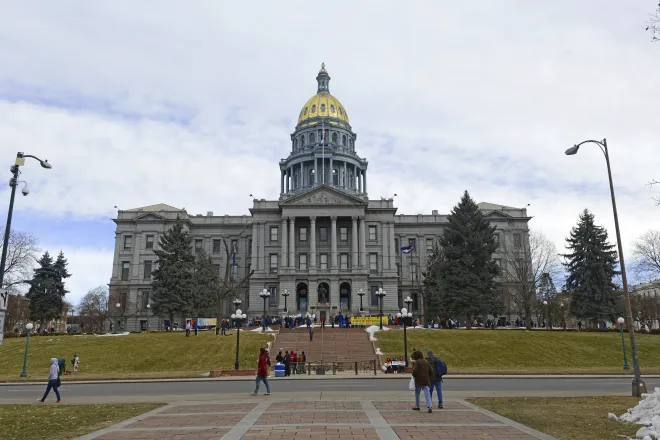
Texas voters will decide amendment prohibiting restrictions on religious gatherings
The Texas State Legislature voted to refer its first constitutional amendment to the November ballot. The amendment would add a section to the state constitution prohibiting the state or any political subdivision from issuing or enacting a statute, order, or rule that prohibits or limits religious services, including religious services conducted in churches.
The amendment was proposed in response to the restrictions put in place requiring religious institutions to refrain from meeting in person in March 2020 due to the coronavirus pandemic. Texas cities and counties issued stay-at-home orders requiring religious gatherings to stream their services. On March 31, 2020, Gov. Greg Abbott (R) issued an executive order that included “religious services conducted in churches, congregations, and houses of worship” in the definition of “essential services.”
Rep. Scott Sanford (R), who voted in favor of the amendment, said, “Churches provide essential spiritual, mental and physical support in a time of crisis. Closing churches not only eliminated these critical ministries and services, but it violated their religious freedom, guaranteed by our laws and Constitution.”
Douglas Laycock, professor at the University of Texas at Austin School of Law, opposes the measure and similar bills considered by the legislature: “There are very few occasions or reasons on which it would ever be necessary to shut down a place of worship, but COVID is one.”
As of May 10, Ballotpedia has identified 10 measures appearing on statewide ballots that were proposed in response to the coronavirus pandemic and coronavirus-related regulations. On May 18, 2021, Pennsylvanians will decide on two constitutional amendments on the governor’s emergency powers, which have been a point of conflict between the Republican-controlled Legislature and Democratic Gov. Tom Wolf during the pandemic. The other ballot measures, which will be decided in 2022, concern changes to election procedures, convening state legislatures, and increasing appropriations limits during emergencies.
In Texas, to put a legislatively referred constitutional amendment before voters, a two-thirds (66.67%) supermajority vote is required in both the Texas State Senate and the Texas House of Representatives. This requirement amounts to 100 votes in the House and 21 votes in the Senate.
The amendment was introduced as Senate Joint Resolution 27 on January 25, 2021. On March 25, 2021, the state Senate passed SJR 27 in a vote of 28-2 with one absent. All but two Democratic members voted in favor of the amendment. On May 11, 2021, the House approved the amendment by a vote of 108-33, with nine not voting or absent. In the House, 27 Democrats joined the Republican majority, and 33 Democrats were in the minority.
At the general election on November 3, 2020, Republicans retained control of the House and Senate. They maintained their 83-67 majority in the House and lost one seat in the Senate. The new majority in the Senate following the election was 18-13, which means support from at least three Democrats is needed to pass a constitutional amendment in the Senate.
During the 2021 legislative session, 218 constitutional amendments were filed in the Texas State Legislature. Legislators were permitted to file constitutional amendments through March 12, 2021, unless permission was given to introduce an amendment after the deadline. Democrats filed 92 (42.2%) of the constitutional amendments. Republicans filed 126 (57.8%) of the constitutional amendments. The legislature has until May 31st when it adjourns to refer a measure to the ballot.
Since 1876 when the current constitution was adopted, it has been amended 507 times. Voters approved 91% (154 of 169) and rejected 9% (15 of 169) of the constitutional amendments on ballots between 1995 and 2019.

















